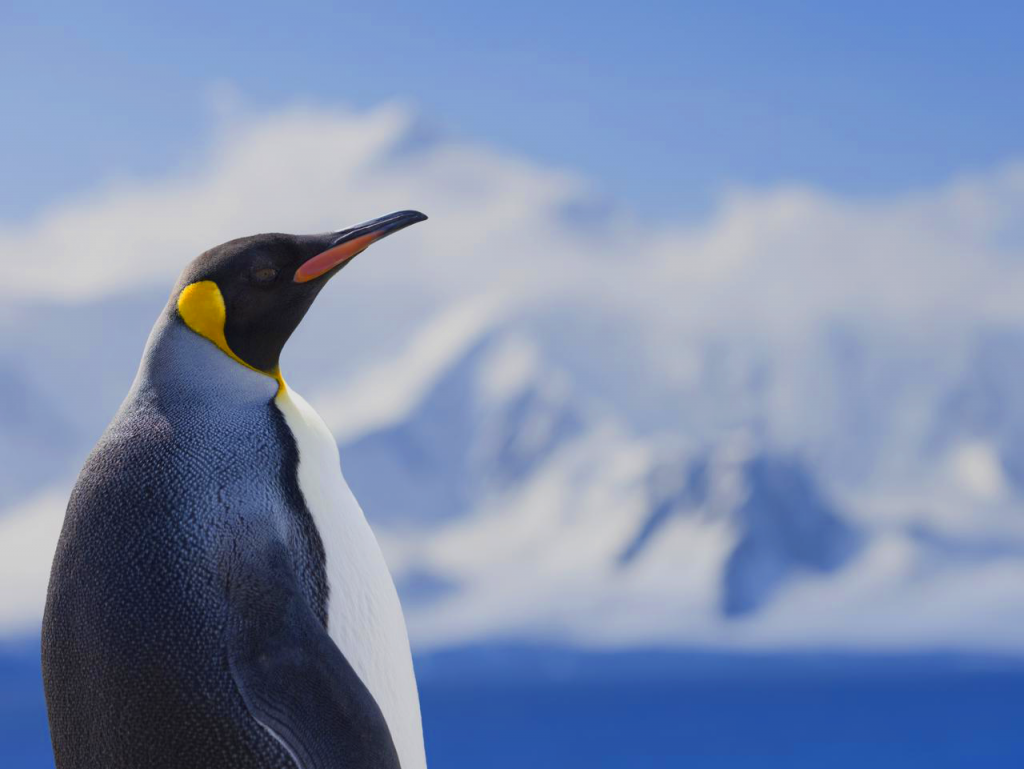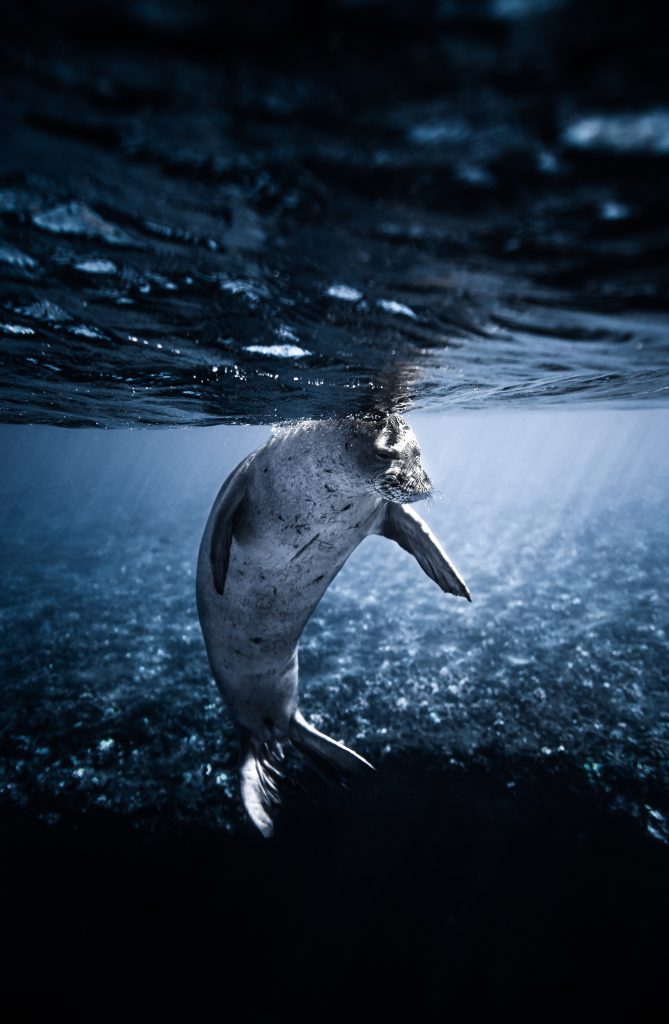
In an era defined by technological innovation and the pursuit of understanding our environment, biologging has emerged as a powerful tool for scientists and researchers. This cutting-edge technique involves the use of electronic devices like Phynitty NANO or Phynitty MAX devices to track and record data from living organisms in their natural habitats. Biologging not only provides invaluable insights into the behavior and ecology of various species but also aids in conservation efforts and informs environmental policy decisions. In this article, we will explore the fascinating world of biologging and its numerous applications.
What is Biologging?
Biologging, also known as bio-logging or animal-borne instrumentation, is a field of study that involves attaching electronic devices to living organisms to collect data on their movements, behaviors, physiology, and environment. These devices can range from tiny sensors to sophisticated GPS trackers and cameras, and they are attached in a way that minimizes harm or discomfort to the animal. Biologging allows scientists to monitor animals in their natural habitats over extended periods, providing a wealth of information that was once nearly impossible to obtain.
Applications of Biologging
- Wildlife Conservation
Biologging has revolutionized wildlife conservation efforts by providing critical data on the behavior and movements of endangered species. Researchers can use this information to identify migration patterns, breeding sites, and feeding grounds, helping conservationists protect these vulnerable populations. For example, tracking devices on sea turtles have revealed their nesting sites, allowing authorities to establish protected zones and safeguard the eggs from poachers.
- Behavioral Studies
Biologging also offers a window into the fascinating world of animal behavior. Researchers can study the daily routines and social interactions of animals, shedding light on questions about communication, mating, and navigation. For instance, the use of GPS trackers on birds has revealed their migration routes and stopover sites.

- Ecological Research
Understanding the intricacies of ecosystems and the interactions between species is essential for effective environmental management. Biologging helps ecologists gather data on predator-prey relationships, habitat use, and population dynamics. This information informs decisions regarding habitat preservation, management, and restoration.
- Climate Change Research
As the planet faces the challenges of climate change, biologging plays a crucial role in monitoring its impacts on wildlife. Researchers can track how rising temperatures and changing ocean conditions affect species’ behavior and distribution. This information can inform strategies for mitigating the effects of climate change on vulnerable ecosystems.
- Marine Biology
In the vast and largely unexplored realm of the oceans, biologging has proven invaluable for marine biologists. Devices attached to marine animals, such as sharks and whales, provide insights into their migratory patterns, diving behavior, and foraging habits. This knowledge aids in the development of marine protected areas and sustainable fishing practices.

Challenges and Ethical Considerations
While biologging has opened up new frontiers in scientific research, it is not without its challenges and ethical concerns. Some of the key issues include:
Device Size and Weight: Our devices are the smallest in the world in order to allow the animal’s ability to move, forage, or reproduce without restrains.
Data Retrieval: Retrieving data from biologging devices can be challenging, especially for animals that migrate or live in remote areas. Our devices are made to withstand the harshest conditions of the wild.
Ethical Treatment: Ethical considerations are paramount when using biologging, as researchers must prioritize the welfare of the animals involved.
Biologging represents a remarkable fusion of technology and biology that has transformed our understanding of the natural world. From protecting endangered species to unraveling the mysteries of animal behavior, biologging has far-reaching applications in science and conservation. As technology continues to advance, we can look forward to even more profound discoveries and insights through this innovative field. However, it is essential that we continue to approach biologging with ethical considerations and a commitment to the well-being of the animals we study, ensuring that our pursuit of knowledge remains in harmony with our responsibility as stewards of the natural world.


